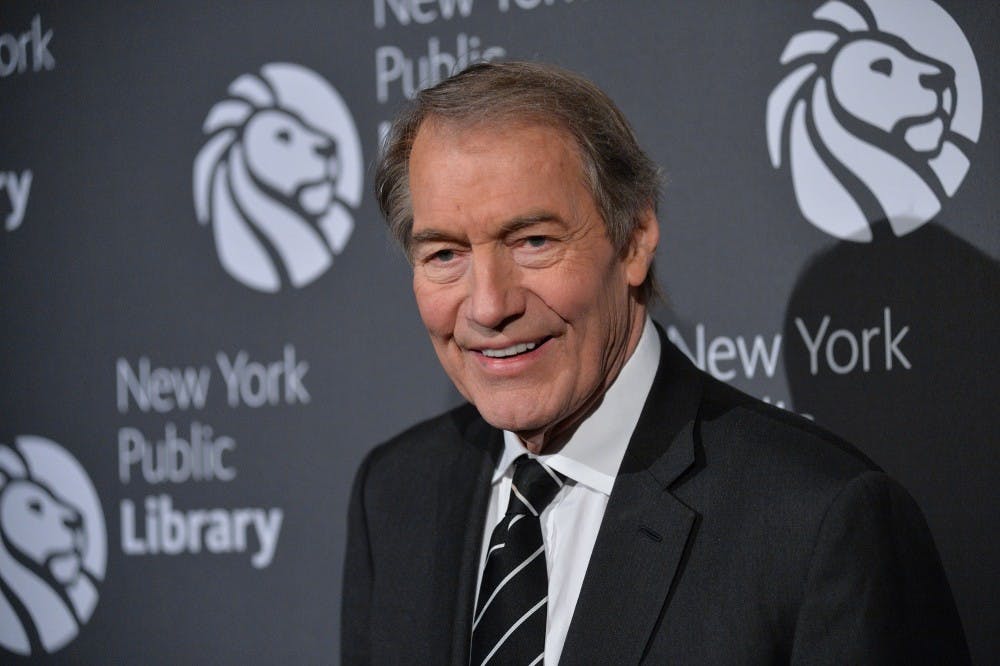In the wake of the #MeToo movement, many colleges, including UNC, have been navigating the decision of whether to revoke honors and awards given to prominent figures accused of sexual misconduct -- from TV host Bill O'Reilly to film producer Harvey Weinstein.
Journalist Charlie Rose is one of those disgraced figures. He was inducted into the N.C. Journalism Hall of Fame, overseen by the UNC School of Media and Journalism, in 1999. Despite sexual misconduct allegations reported by the Washington Post in November 2017, the MJ-school chose to keep Rose in the hall of fame. The decision was made in December by the committee who choose the inductees.
Rose’s biography will be amended to include his widely-reported behavior that ended his employment with CBS, PBS and Bloomberg. MJ-school Dean Susan King’s statement on the decision said removing Rose from the hall of fame would "wipe him out of history without making a point." She wrote that it was important to maintain the journalist standard of transparency about his fall from grace.
But the decision contrasts with many other universities that have elected to rescind honors given to Rose in light of his misconduct. Journalism schools at University of Kansas and Arizona State University, and Duke's DeWitt Wallace Center for Media & Democracy have revoked journalistic awards granted to Rose since his allegations were reported.
The question of revoking honorary degrees has also been faced by universities since #MeToo began. Charlie Rose has nine honorary degrees, including one from his alma mater Duke, but Duke’s administration has declined to comment on whether the degree will be taken away.
John Burness, a Duke professor of journalism and public policy and former senior vice president for public affairs and government relations, said he thinks the administration’s lack of action regarding Rose’s degree appears inconsistent considering the decision of Duke's DeWitt Wallace Center in rescinding the Futrell Award it presented to Rose.
“It’s kind of an odd circumstance where a unit within the university is saying, ‘He does not meet the moral and ethical standards that we believe are appropriate for the award we gave,’” Burness said. “But the university has not spoken to the question of whether he meets the moral standards in an honorary degree, so there’s a little bit of schizophrenia at Duke at this point.”
N.C. State University and Montclair State University have released statements saying they are considering whether to revoke Rose’s honorary degrees, while Fordham University and SUNY: Oswego have already rescinded such honors given to Rose. Georgetown University, another school that has granted an honorary degree to Rose, has declined to comment on the matter.
Several other famous men have recently lost honorary degrees since allegations of their sexual misconduct were released. University at Buffalo revoked Weinstein’s honorary degree in November 2017, while Marist College took away O’Reilly’s honorary degree in February. The University of Pennsylvania announced in February they were rescinding honorary degrees granted to casino owner Steve Wynn and comedian Bill Cosby.




